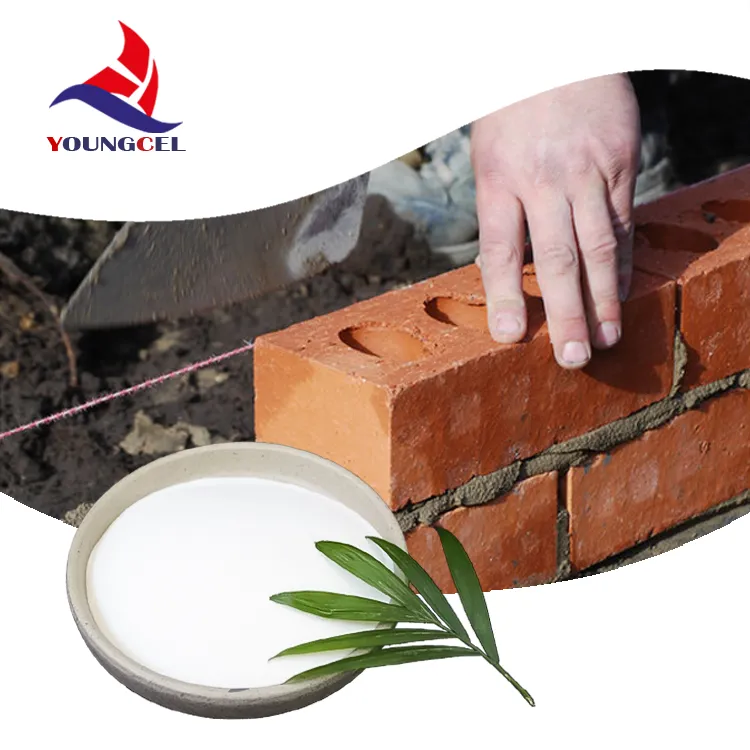Cellulose polymer is a versatile and abundant material that plays a vital role in various industries, ranging from food and pharmaceuticals to textiles and construction. Cellulose, a complex carbohydrate found in the cell walls of plants, is the most abundant organic polymer on Earth.
Cellulose polymer is known for its unique properties, such as high tensile strength, biodegradability, and renewable nature. These properties make cellulose polymer an attractive material for a wide range of applications. In the food industry, cellulose polymer is commonly used as a thickening agent, stabilizer, or emulsifier in products like ice cream, salad dressings, and yogurts. Its ability to improve texture and shelf life makes it a popular choice for food manufacturers.
In the pharmaceutical industry, cellulose polymer is used as a binder in tablets, capsules, and granules, providing the necessary cohesiveness to hold the ingredients together. Its inert nature and non-toxic properties make it safe for consumption and ideal for drug delivery systems.
Textile manufacturers also use cellulose polymer in the form of regenerated cellulose fibers, such as rayon and lyocell. These fibers are soft, breathable, and absorbent, making them ideal for clothing and home textiles. They are also biodegradable, offering a more sustainable alternative to synthetic fibers.
cellulose polymer

In the construction industry, cellulose polymer is used in products like insulation materials and concrete additives. Cellulose fibers can improve the strength and durability of concrete, making it more resistant to cracking and shrinking. Cellulose insulation, made from recycled paper or wood fibers, offers a sustainable and energy-efficient option for buildings.
The renewable nature of cellulose polymer makes it an environmentally friendly choice compared to petroleum-based polymers. As a biodegradable material, cellulose polymer can help reduce waste and minimize environmental impact. Additionally, its abundance in plants like wood, cotton, and hemp ensures a sustainable supply for future generations.
Overall, cellulose polymer's versatility and eco-friendly properties make it a valuable material in various industries. Its unique combination of strength, biodegradability, and renewability continues to drive innovation and create sustainable solutions for a more environmentally conscious world. Whether in food packaging, pharmaceuticals, textiles, or construction, cellulose polymer will continue to play a significant role in shaping the future of materials and manufacturing.






